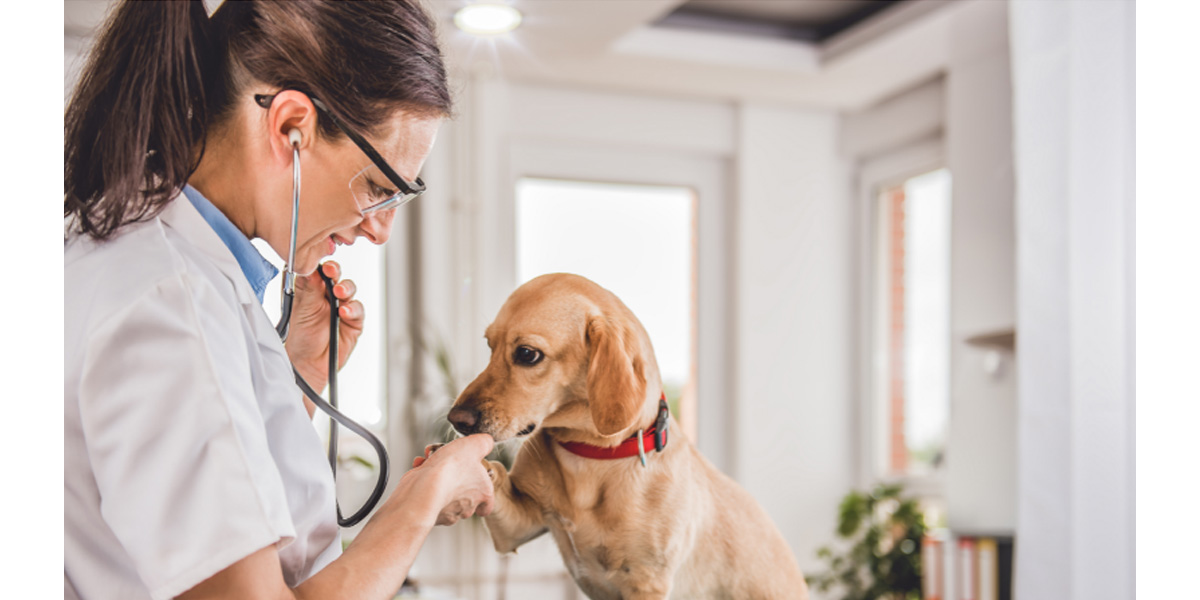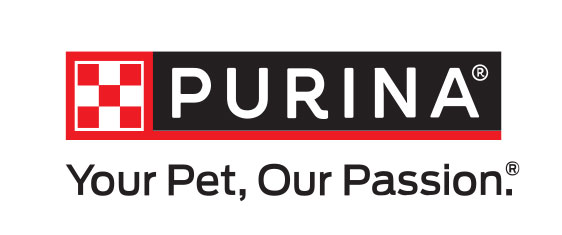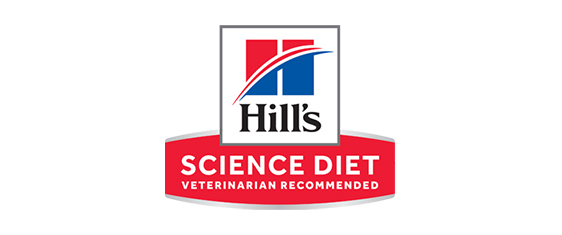Why You Should See Your Vet When They Reopen After COVID-19 Restrictions
Doctor of Veterinary Medicine

While efforts are made to answer all questions as quickly as possible, if an immediate answer is required or if your pet is in need of urgent or emergency care, contact your pet's veterinarian immediately.
Doctor of Veterinary Medicine

You will receive an answer from Dr. Lindsay and our vet/tech team as soon as possible, usually the same day.
All answers are provided for informational or educational purposes only, and are intended to be a supplement to, and not a substitute for, the expertise and professional judgment of your pet's veterinarian.
It may be necessary to consult your pet's veterinarian regarding the applicability of any opinions or recommendations with respect to your pet's symptoms or medical condition.
CloseDoctor of Veterinary Medicine

An error has occurred, please reload the page and try again.
CloseWhile efforts are made to answer all questions as quickly as possible, if an immediate answer is required or if your pet is in need of urgent or emergency care, contact your pet's veterinarian immediately.
There is no answer related to your question

Have you been putting off routine veterinary visits because of COVID-19? Now that restrictions are starting to be lifted, if your veterinarian was previously only seeing emergency patients, they may have re-opened for routine services.
Dental Cleaning
Dental health gets worse and worse the longer you put off having your pet's teeth cleaned. At-home care like brushing and giving dental chews can only go so far to keep your pet's mouth healthy. If your pet has hardened yellow plaque deposits, you'll need to see your vet for a professional cleaning to remove them. Before a dental cleaning, your veterinarian may need to do an x-ray and/or pre-anesthetic blood work to check for oral issues that you may not be able to see.
Nail Trimming
While you can trim your pet's nails at home, they may be too uncooperative for you to do it safely. Remember to ask your veterinarian to trim your pet's nails at your next appointment. Most veterinarians will trim your pet's nails for a small fee.
Flea And Tick Preventatives
Though you should treat your pets for fleas and ticks year-round, they're especially prevalent in the spring and summer. Be prepared for hikes and walks through the park with preventative treatments.
If you run out of flea & tick prevention before you can see your veterinarian, there are plenty of over-the-counter products you can use. Generally, tablets are prescription products, while topical sprays and Seresto collars can be purchased without a prescription.
Heartworm Medication
Heartworm disease is passed on through mosquitoes, so when they come out in the summer, you should make sure your pets are protected. Some heartworm medication can be fatal to dogs who are already infected, so your veterinarian will need to do a blood test before they can prescribe a heartworm preventative.
If you run out of heartworm medication, take extra caution that your dog is not exposed to a single mosquito - a nearly impossible task in the summer. Refill your prescription as soon as possible to keep your dog safe from heartworm disease.
What To Know For Your Next Appointment
Though some COVID-19 restrictions may have lifted, your vet's office may still have some protections still in place. You might be required to wear a mask. You may need to wait outside in your car while your pet is taken inside. You may have to speak to your veterinarian over the phone rather than in person. Your vet's staff may tell you about any restrictions over the phone, or there may be signs posted when you arrive.
 Swipe
Swipe



















